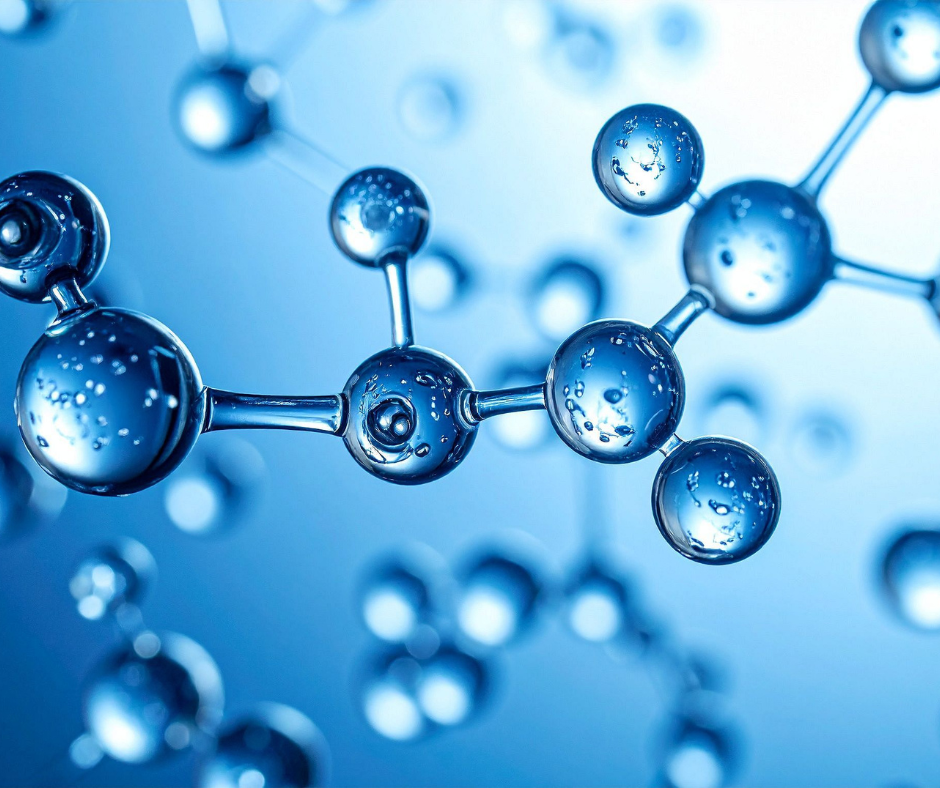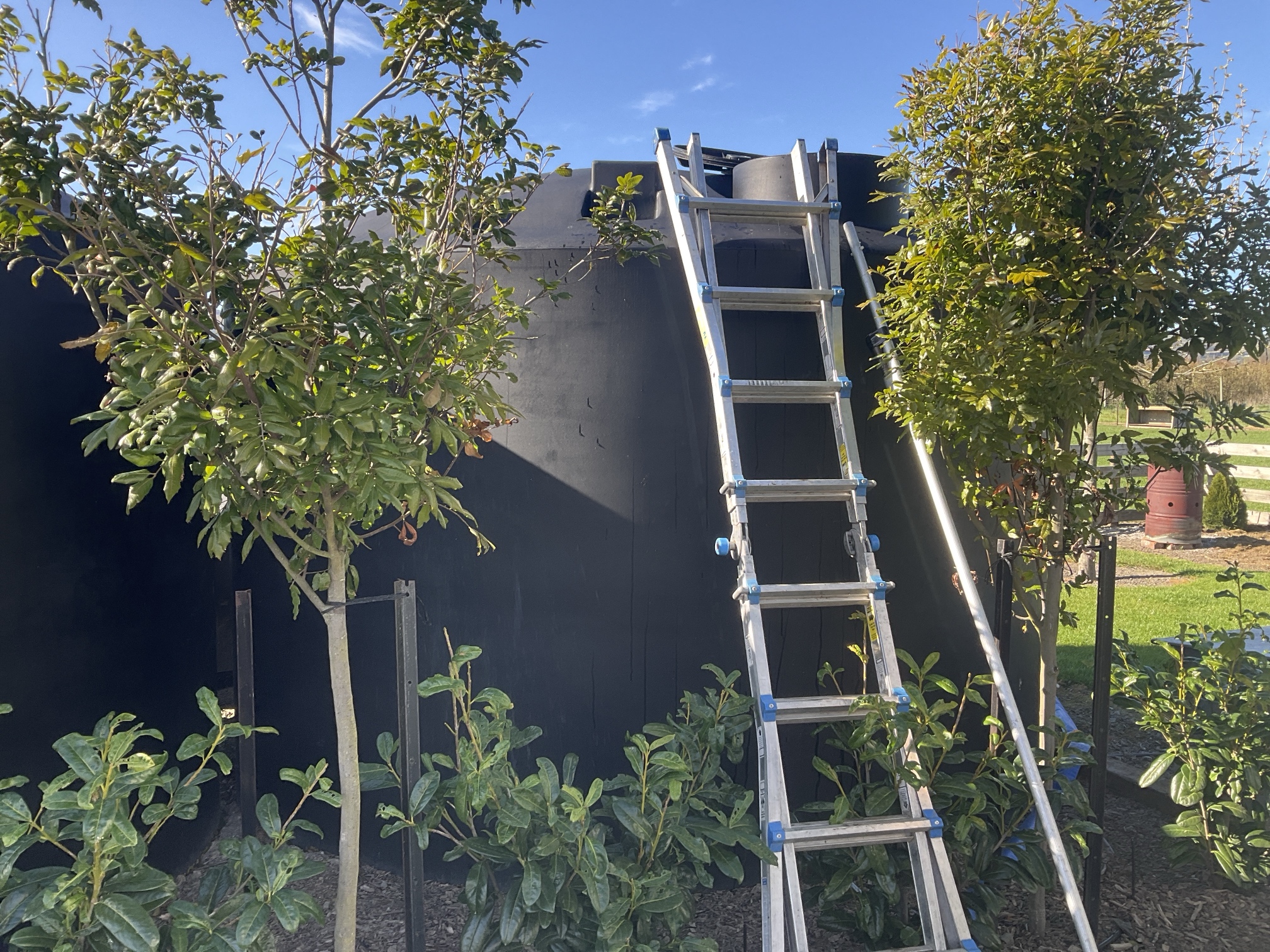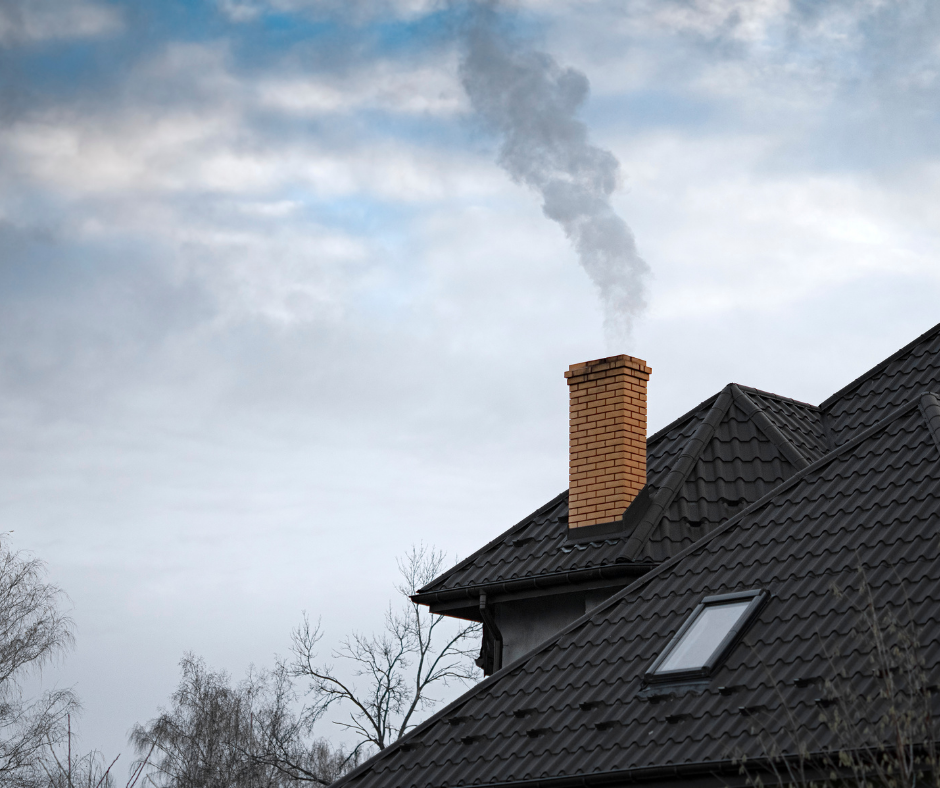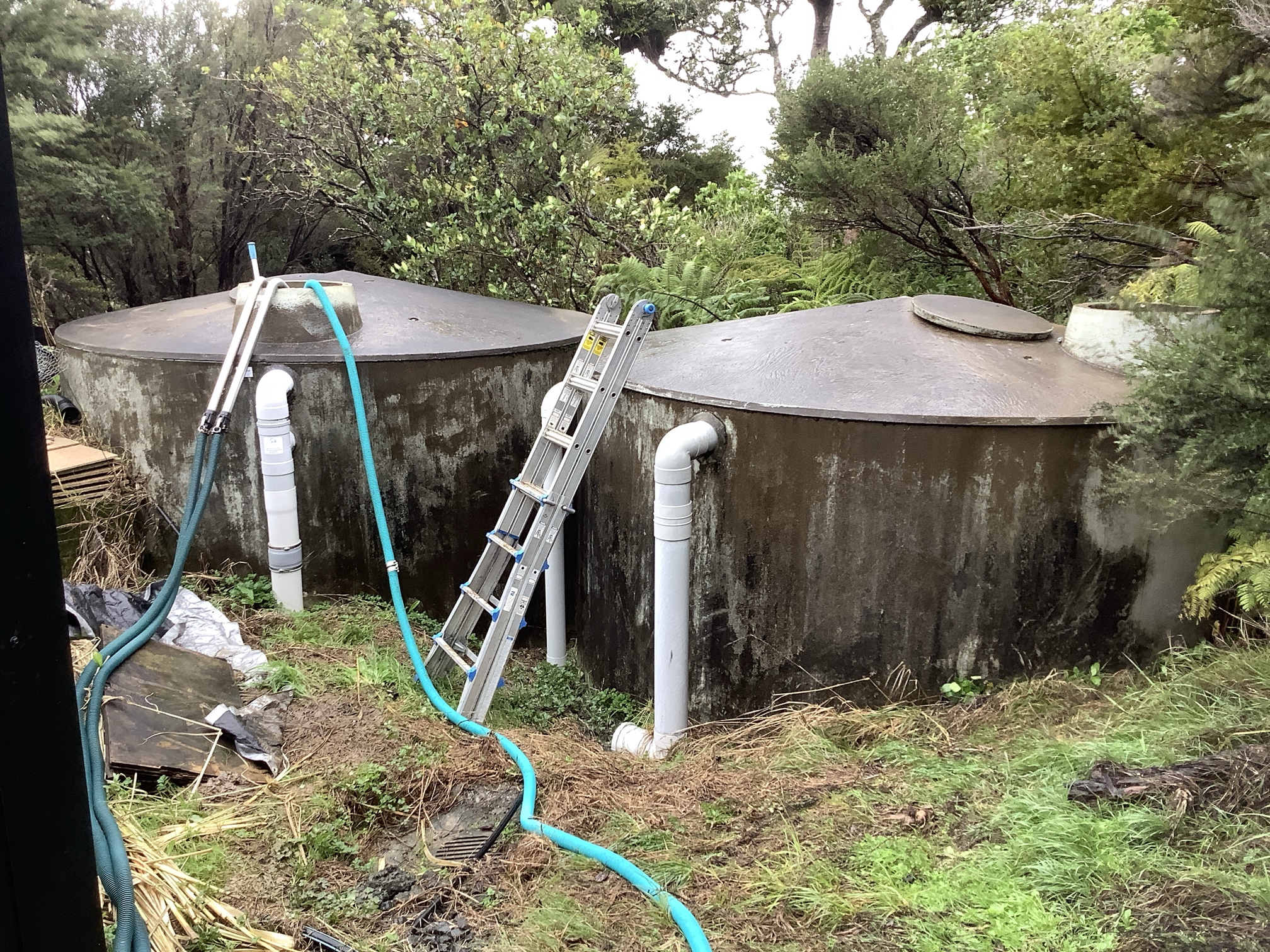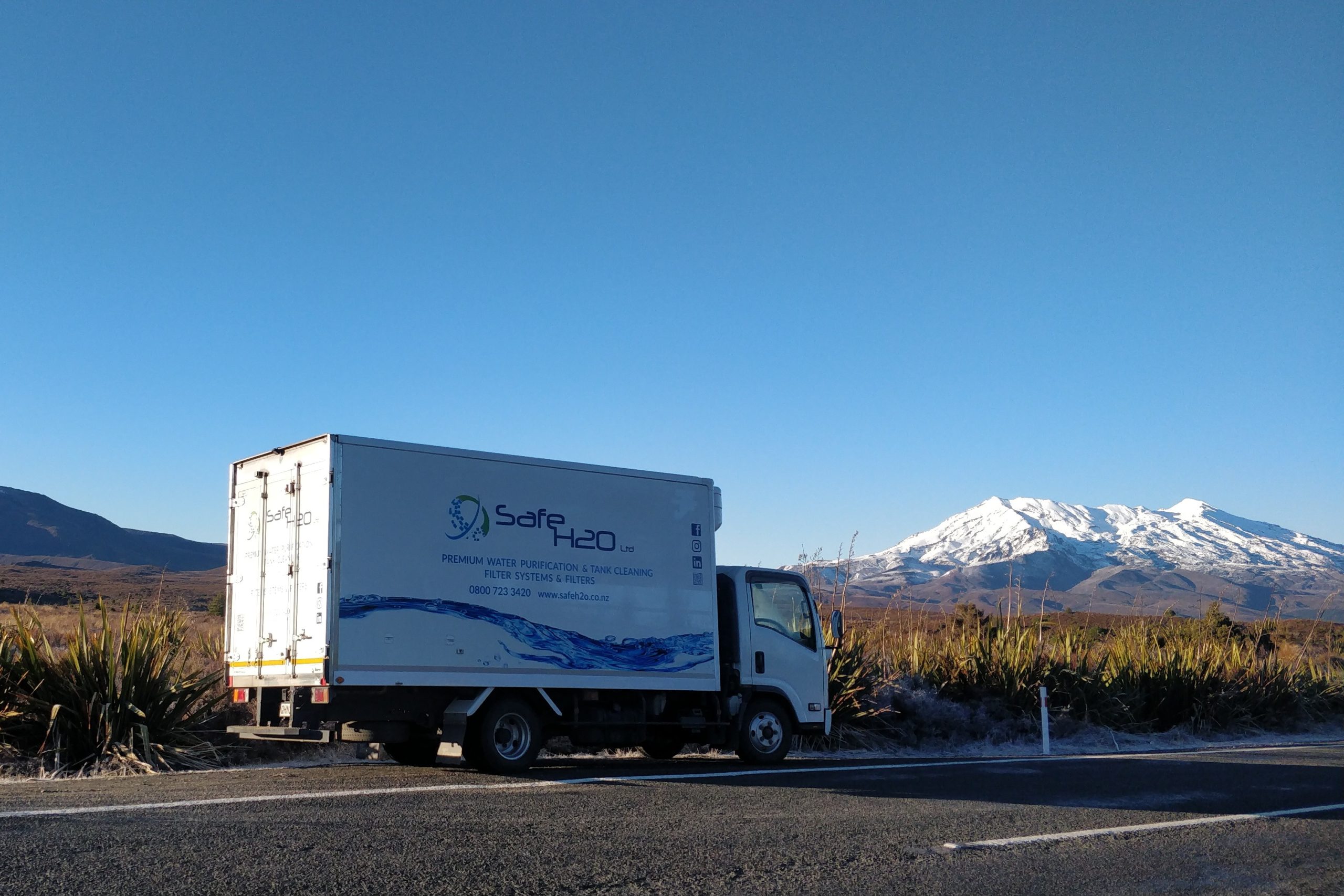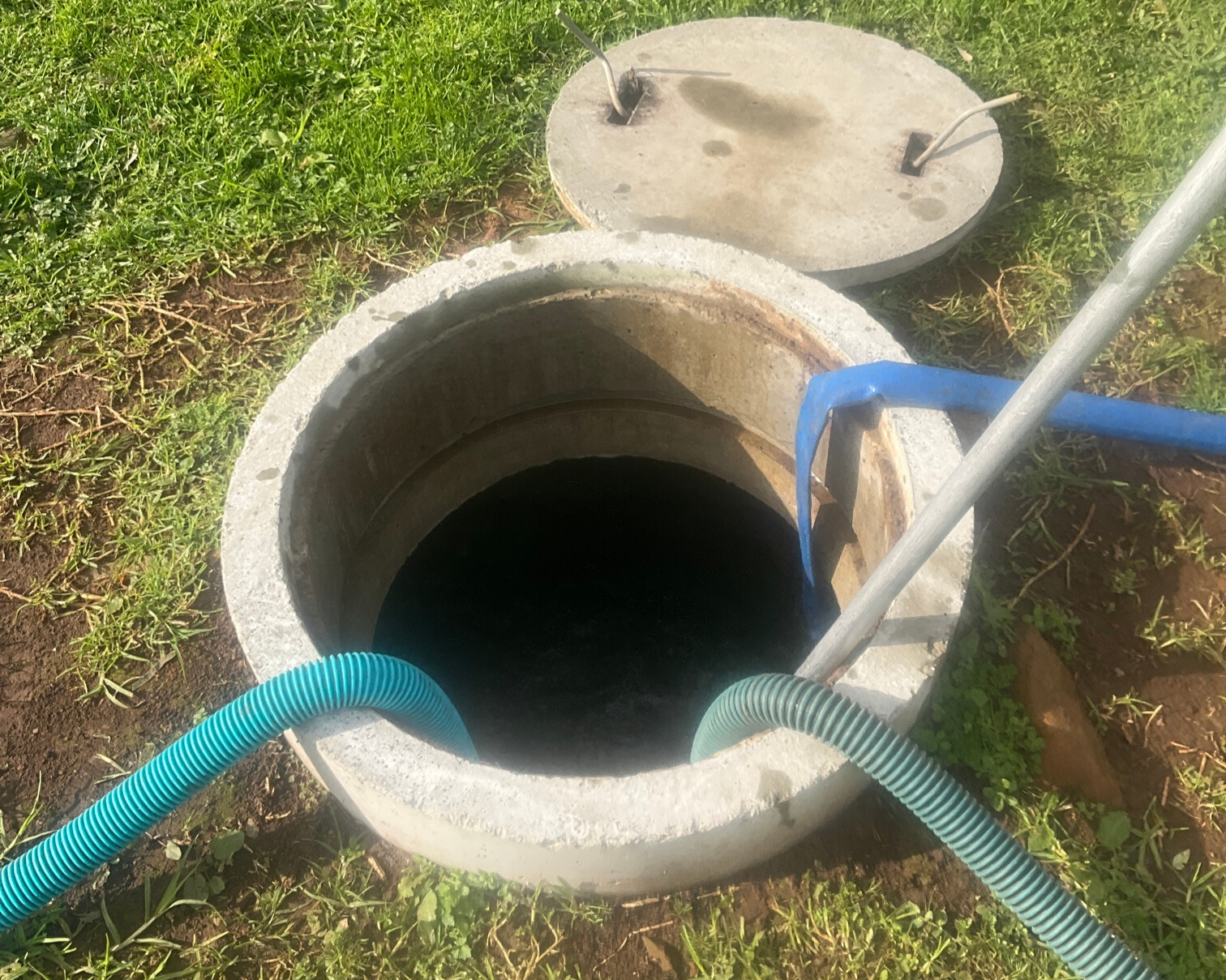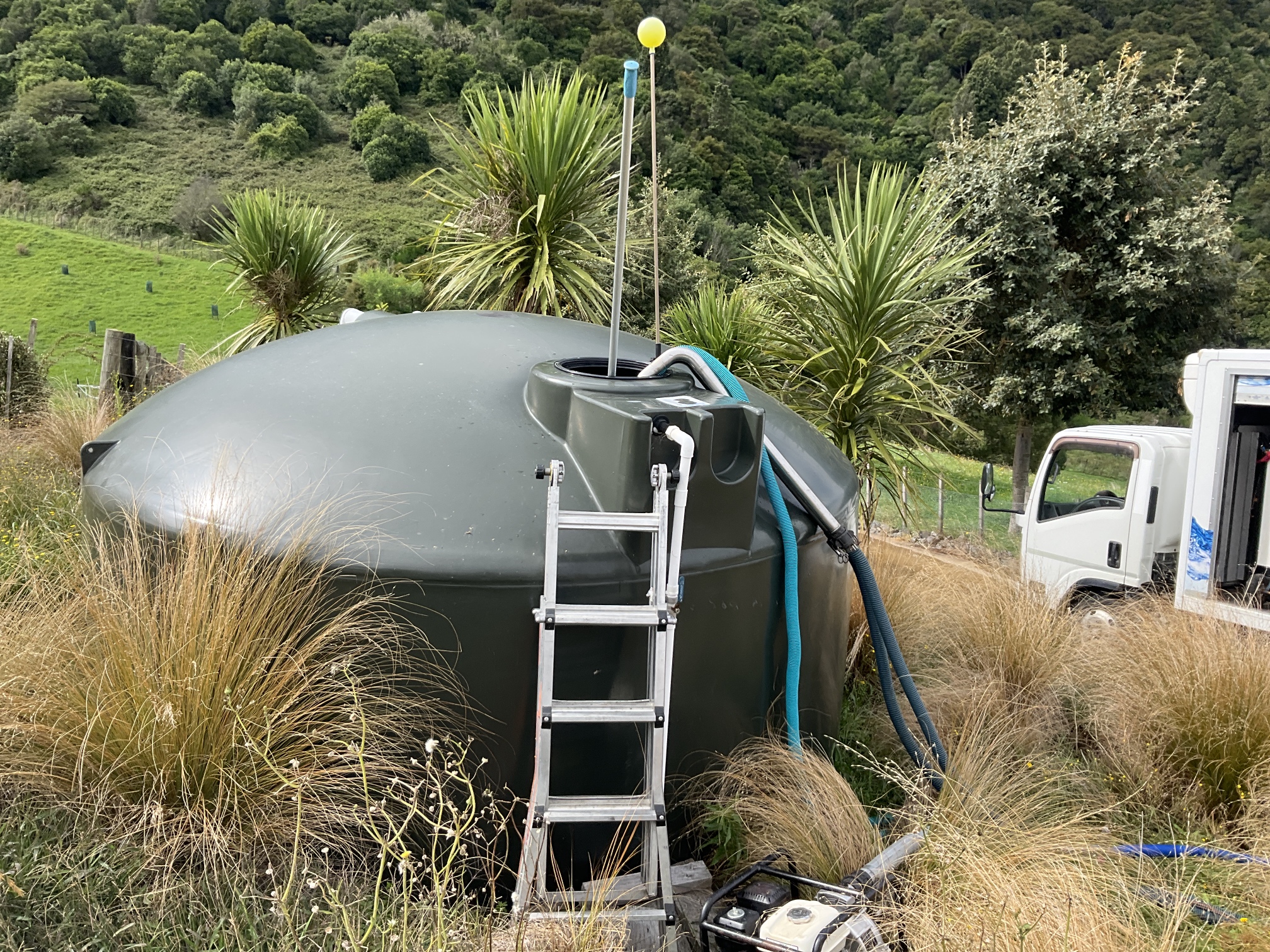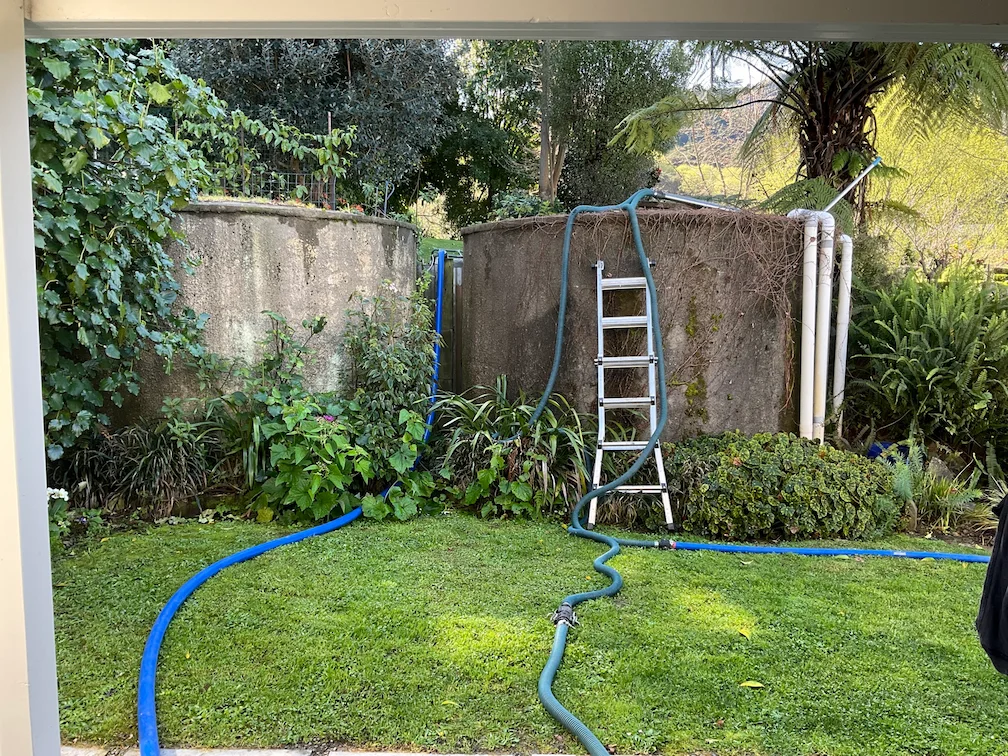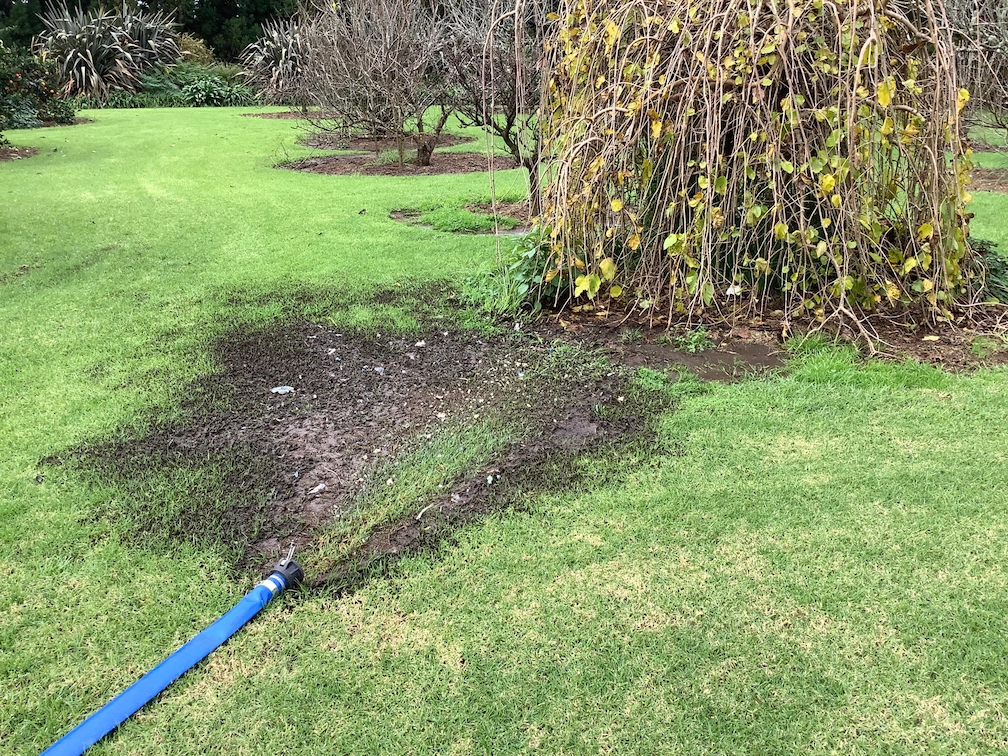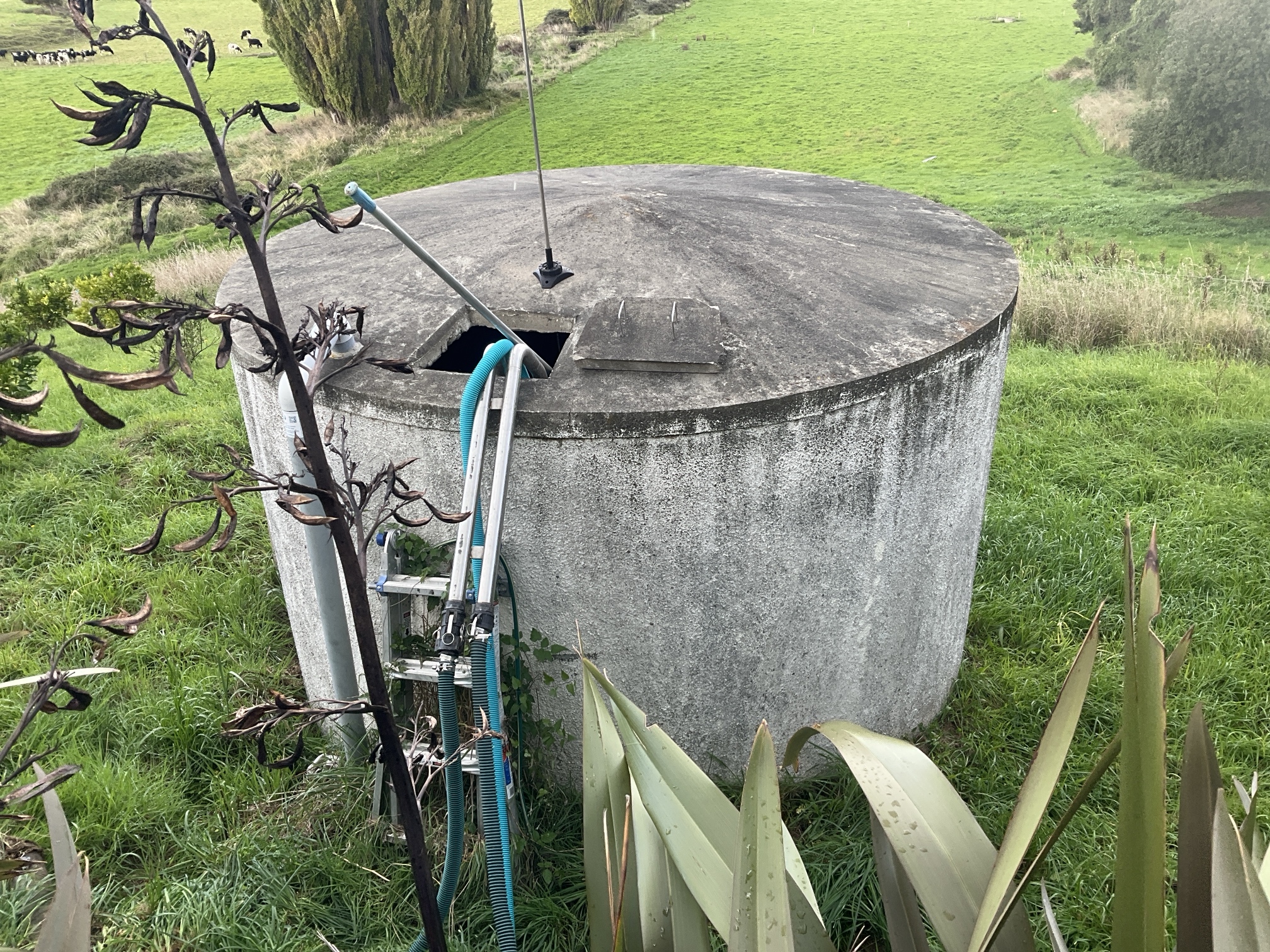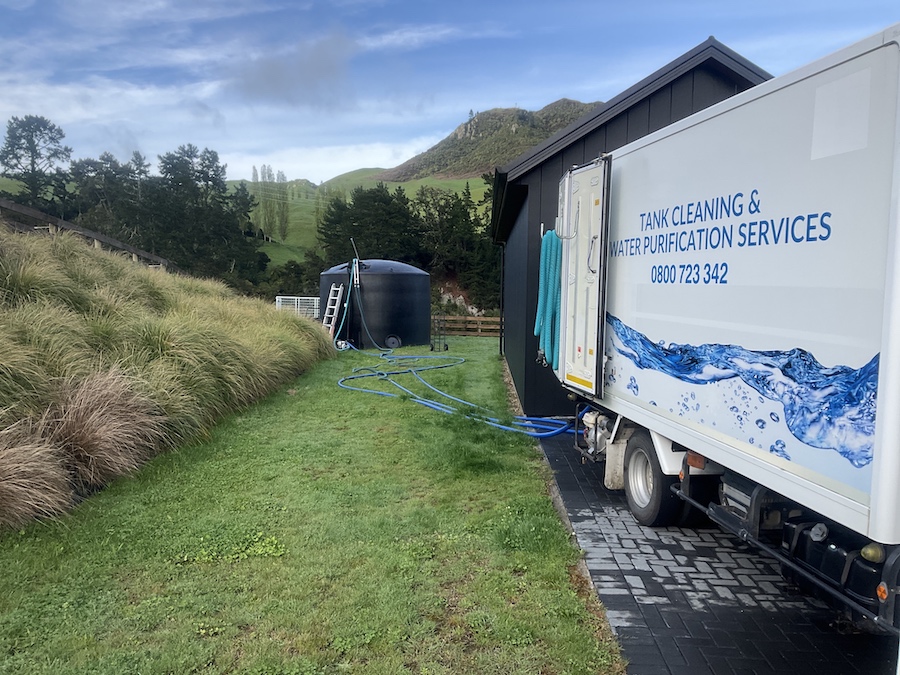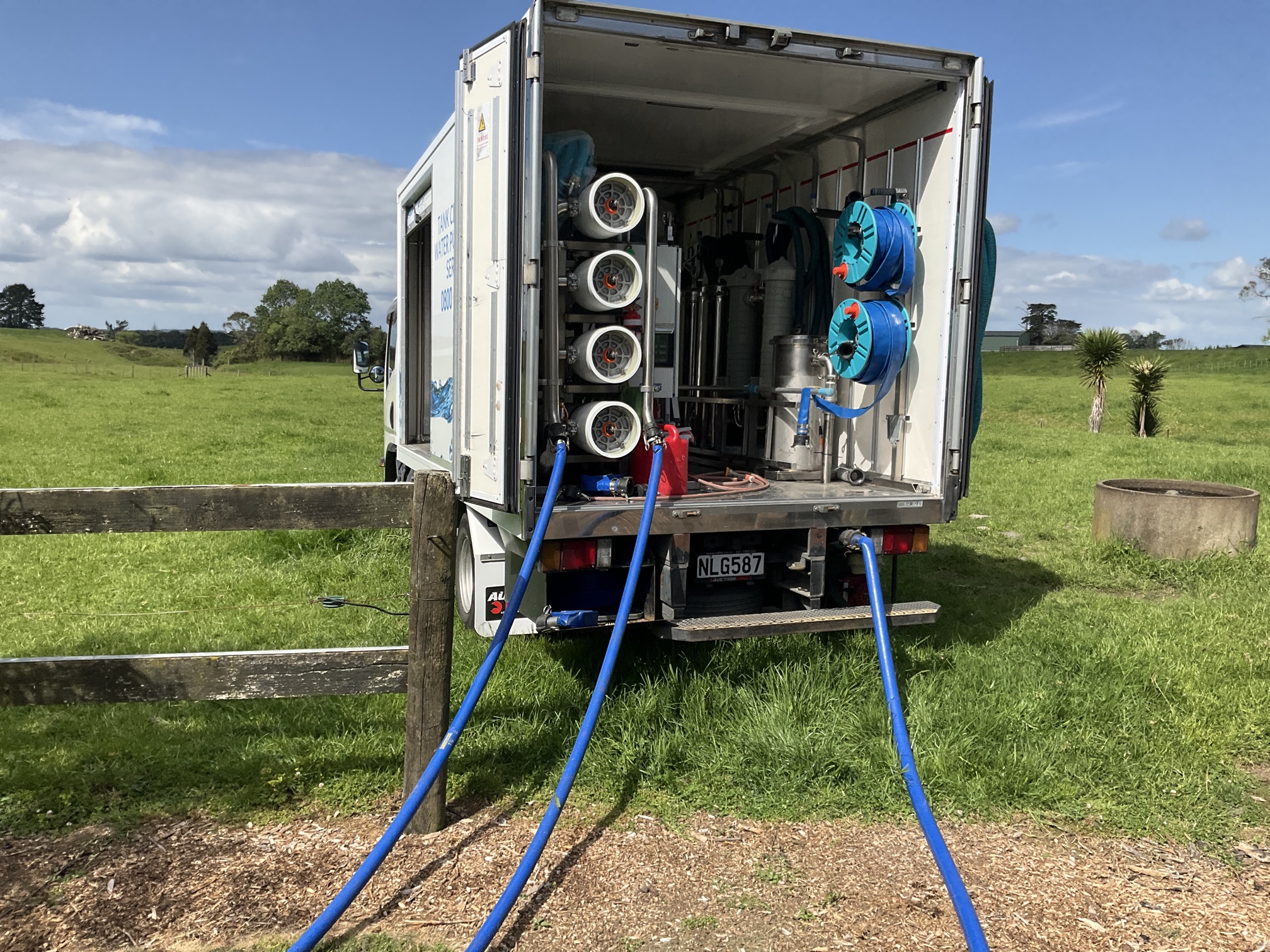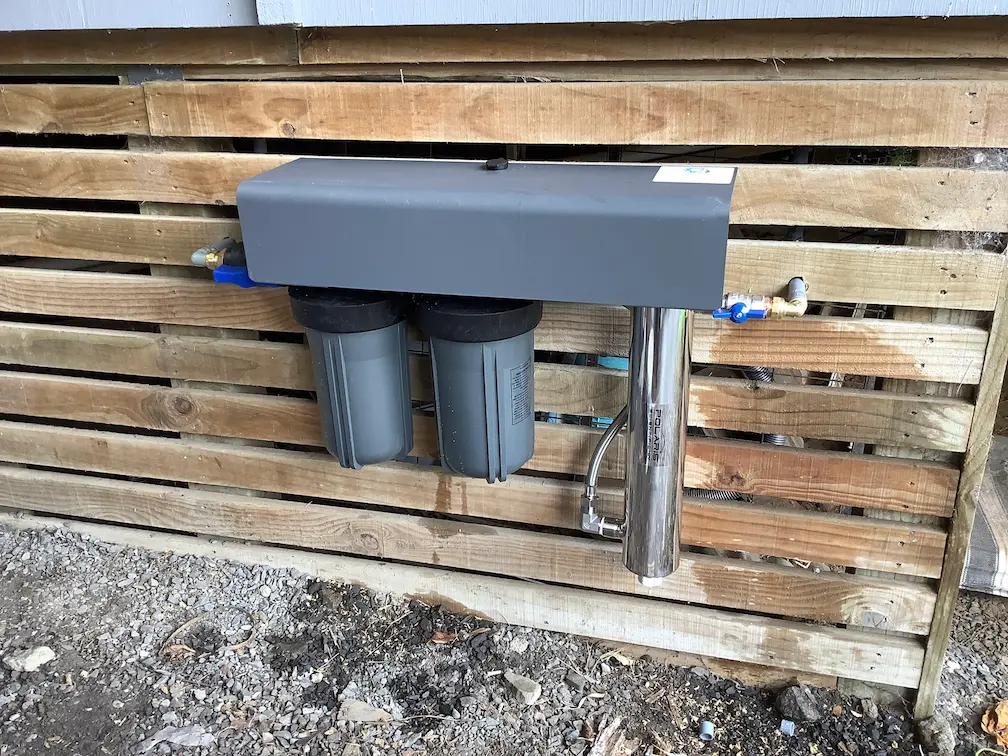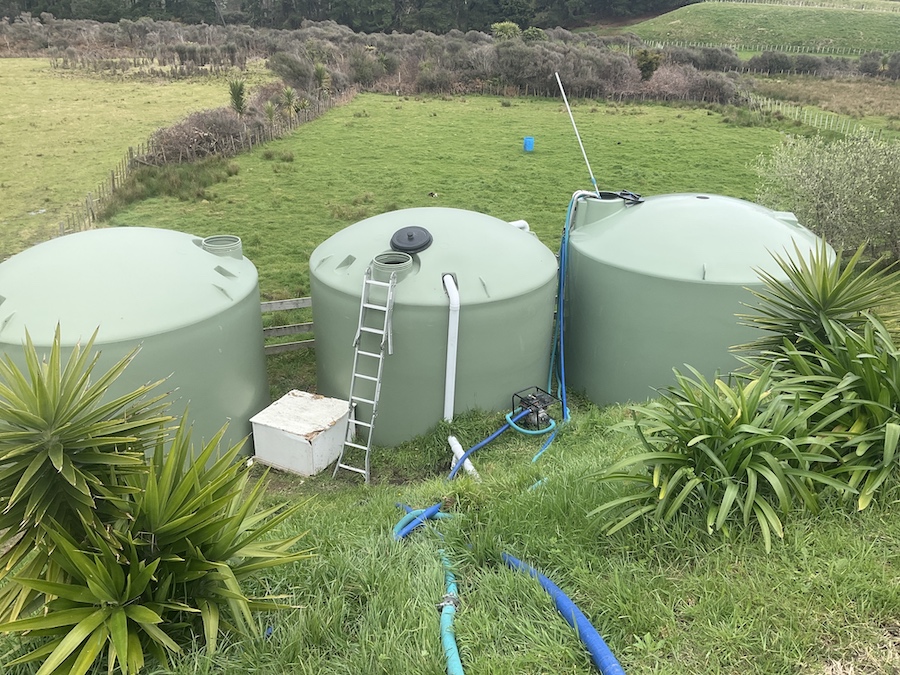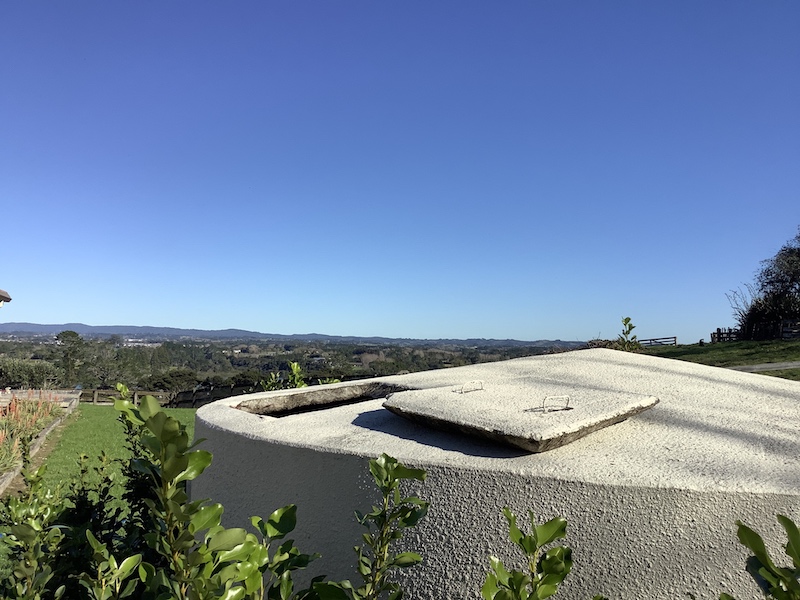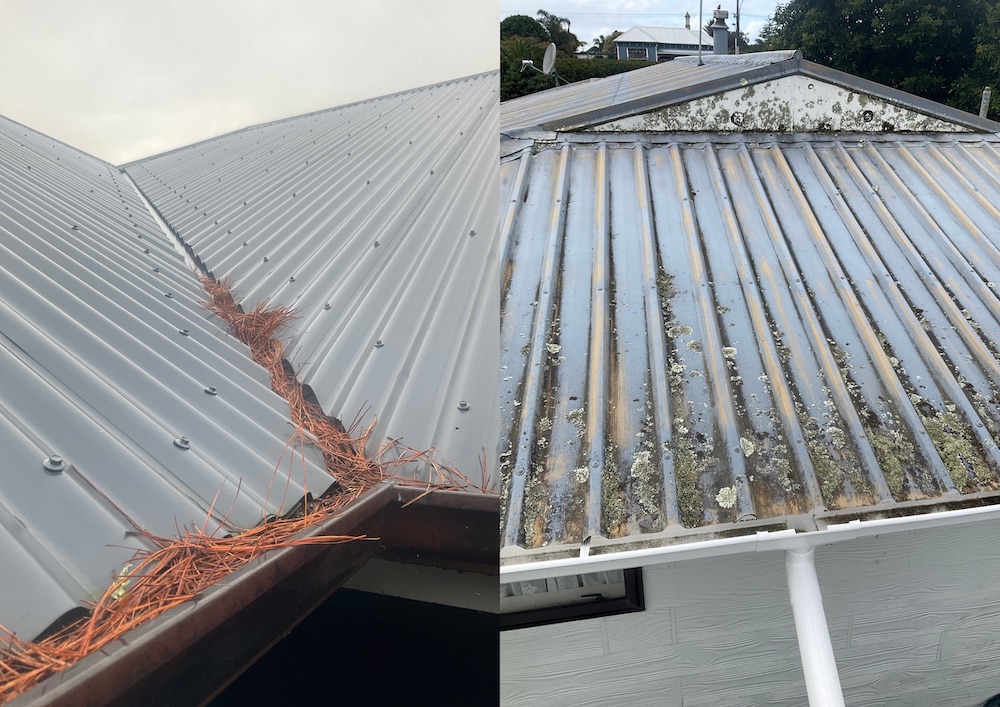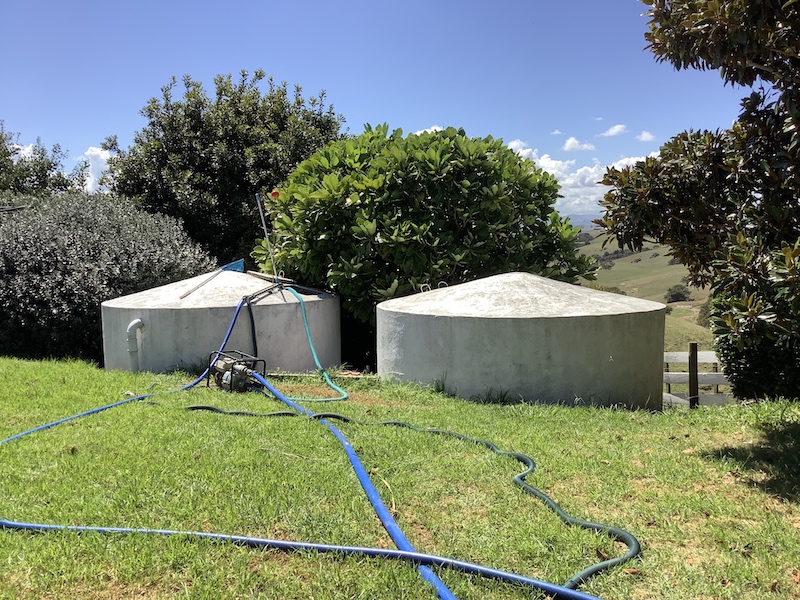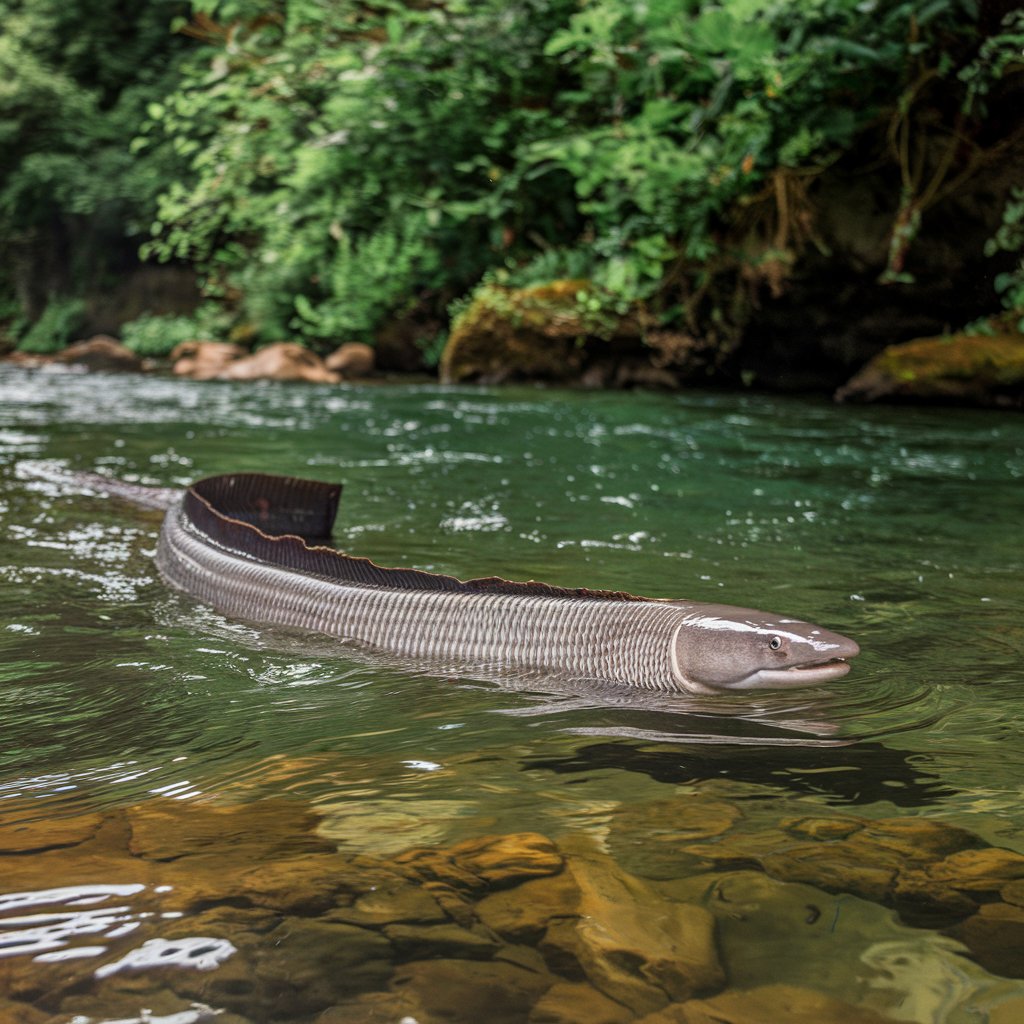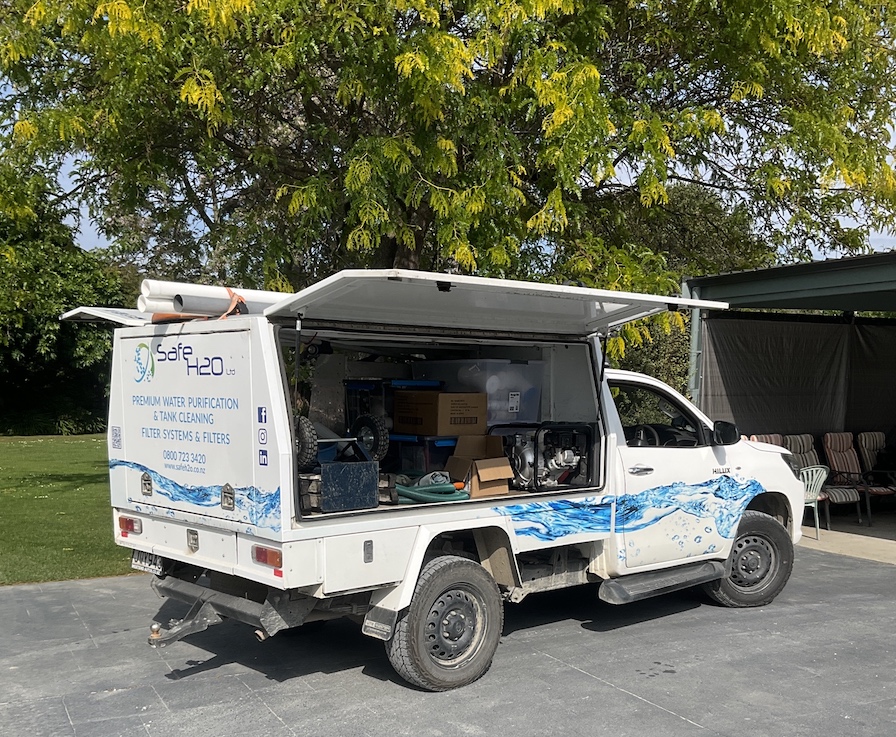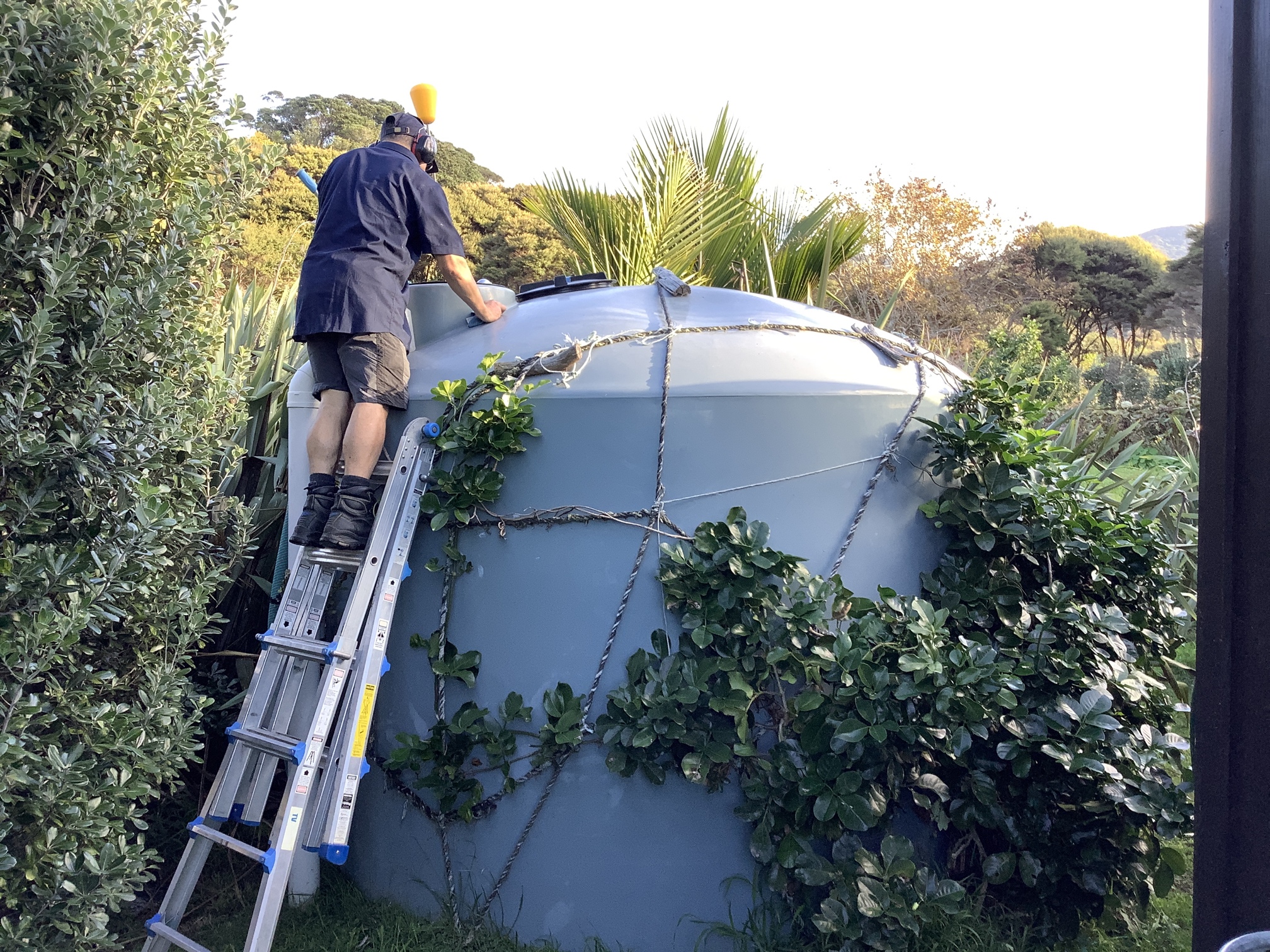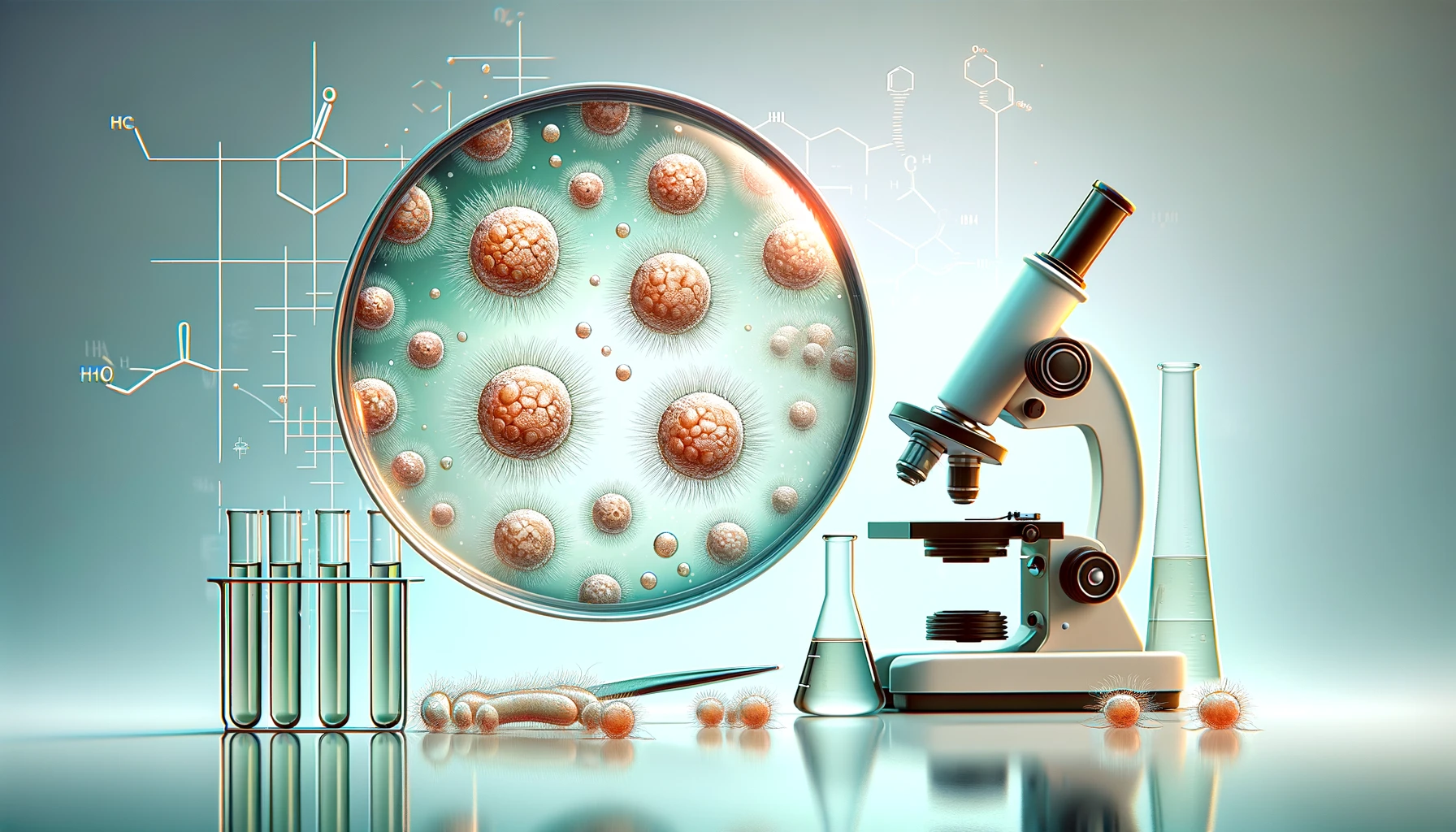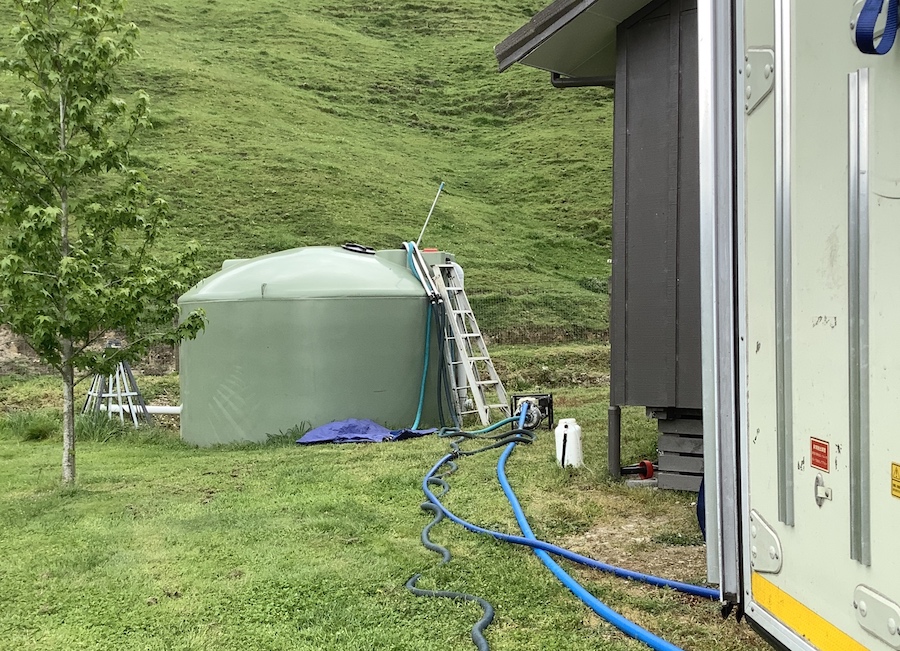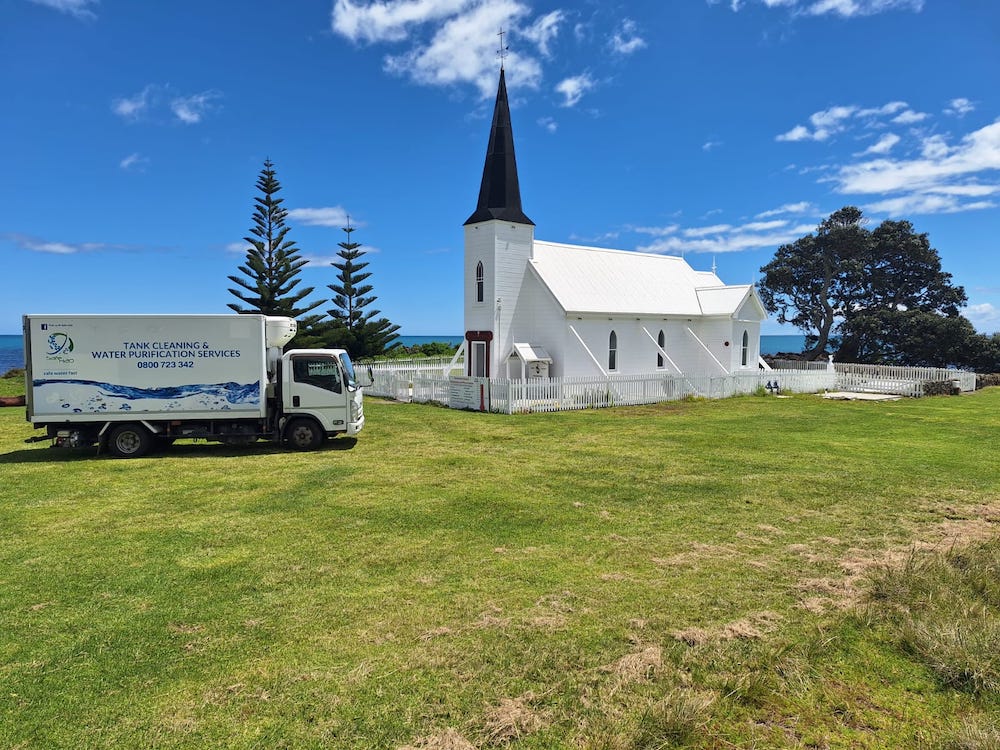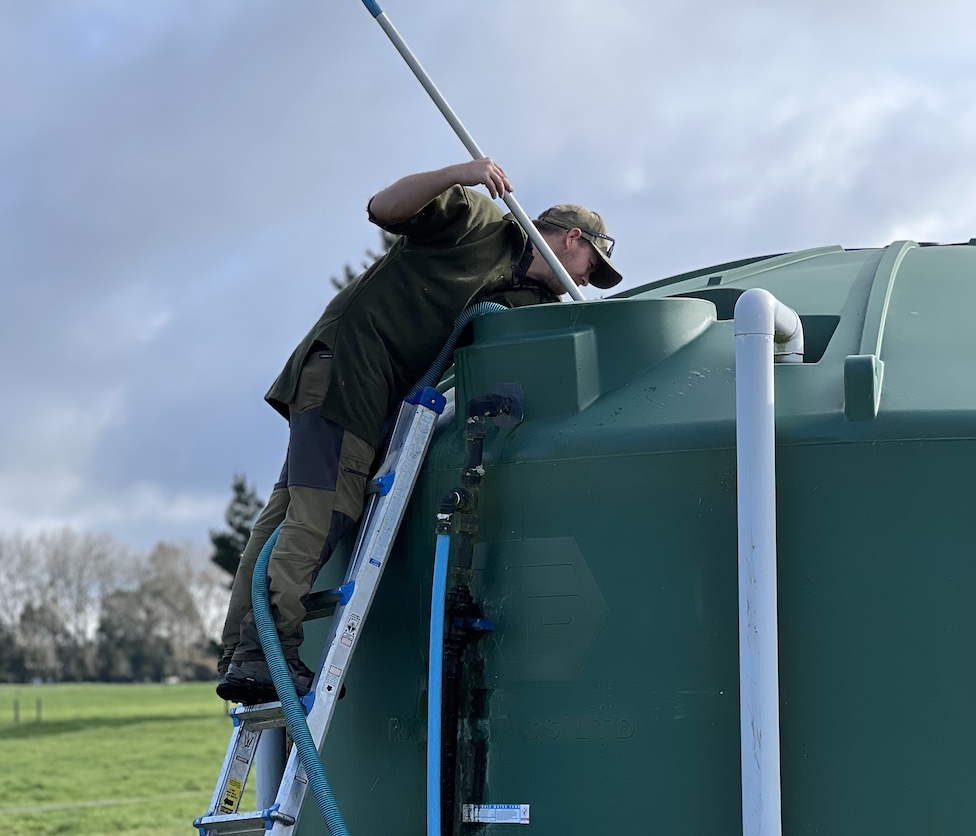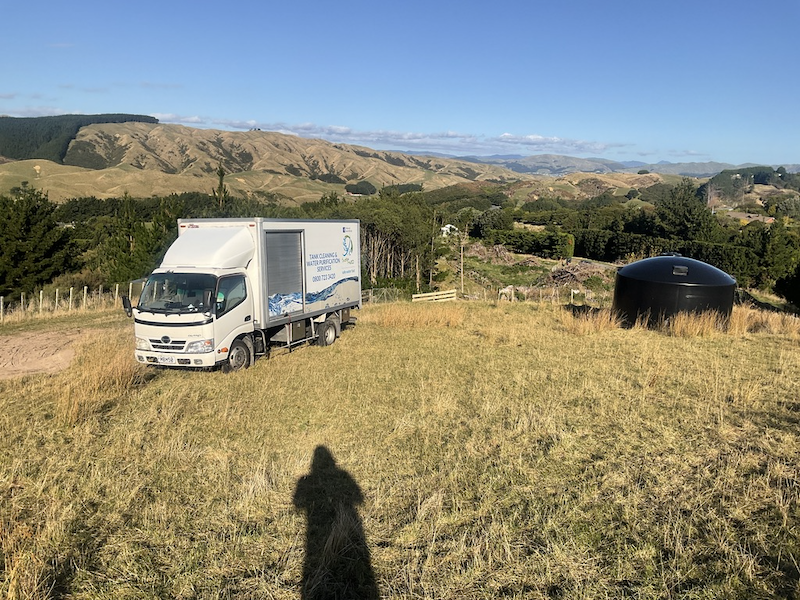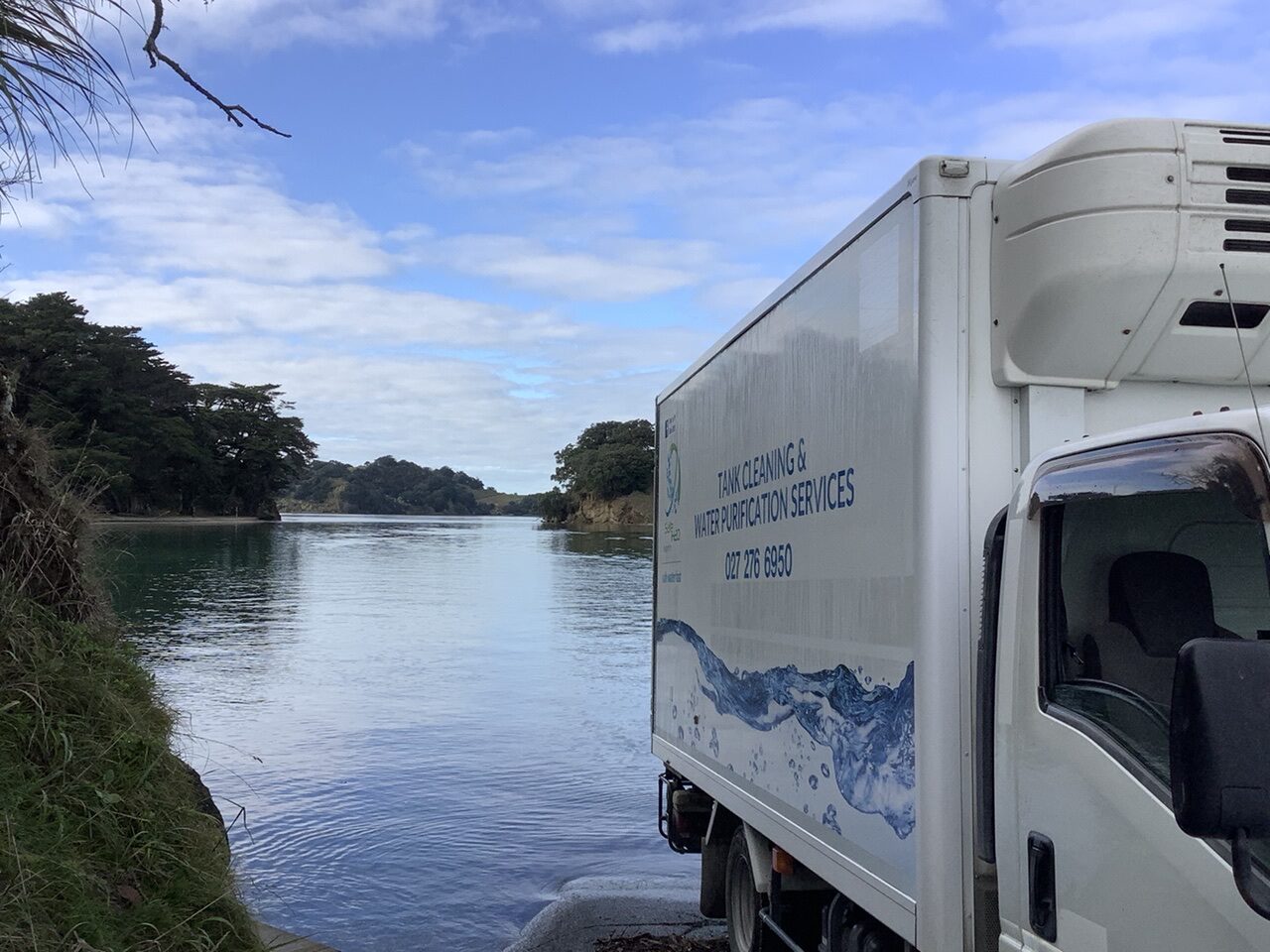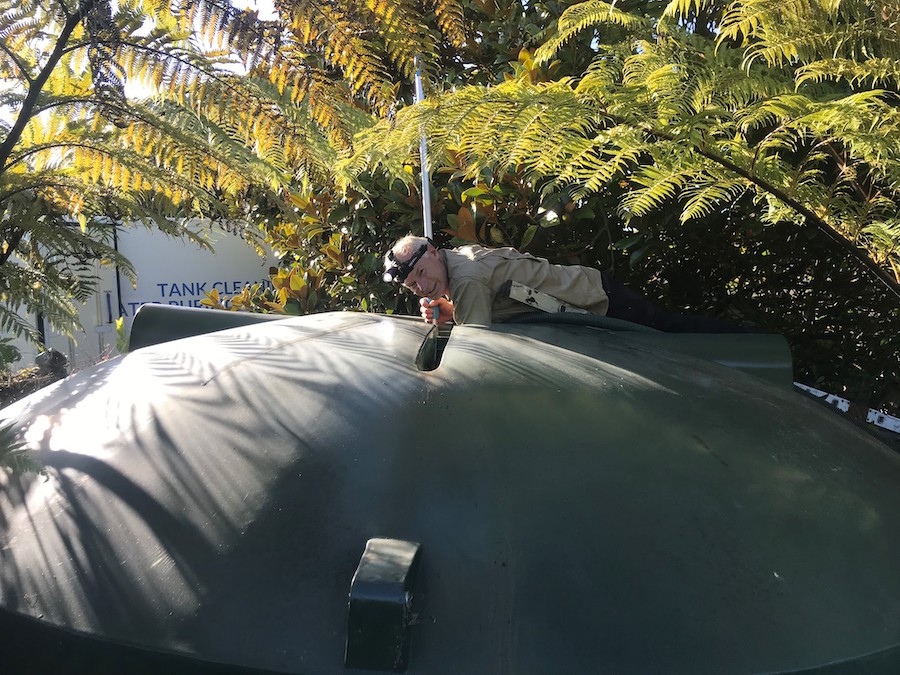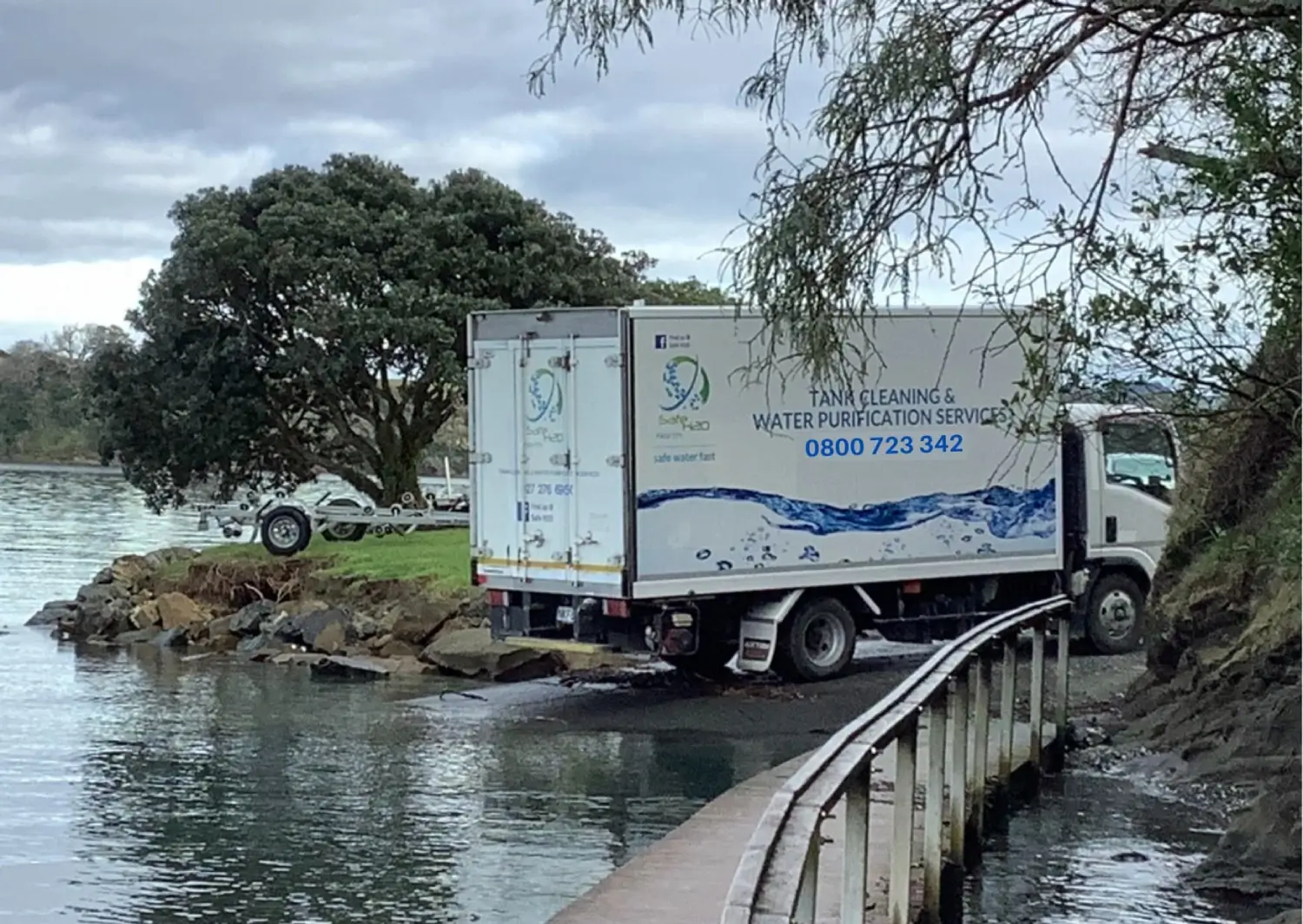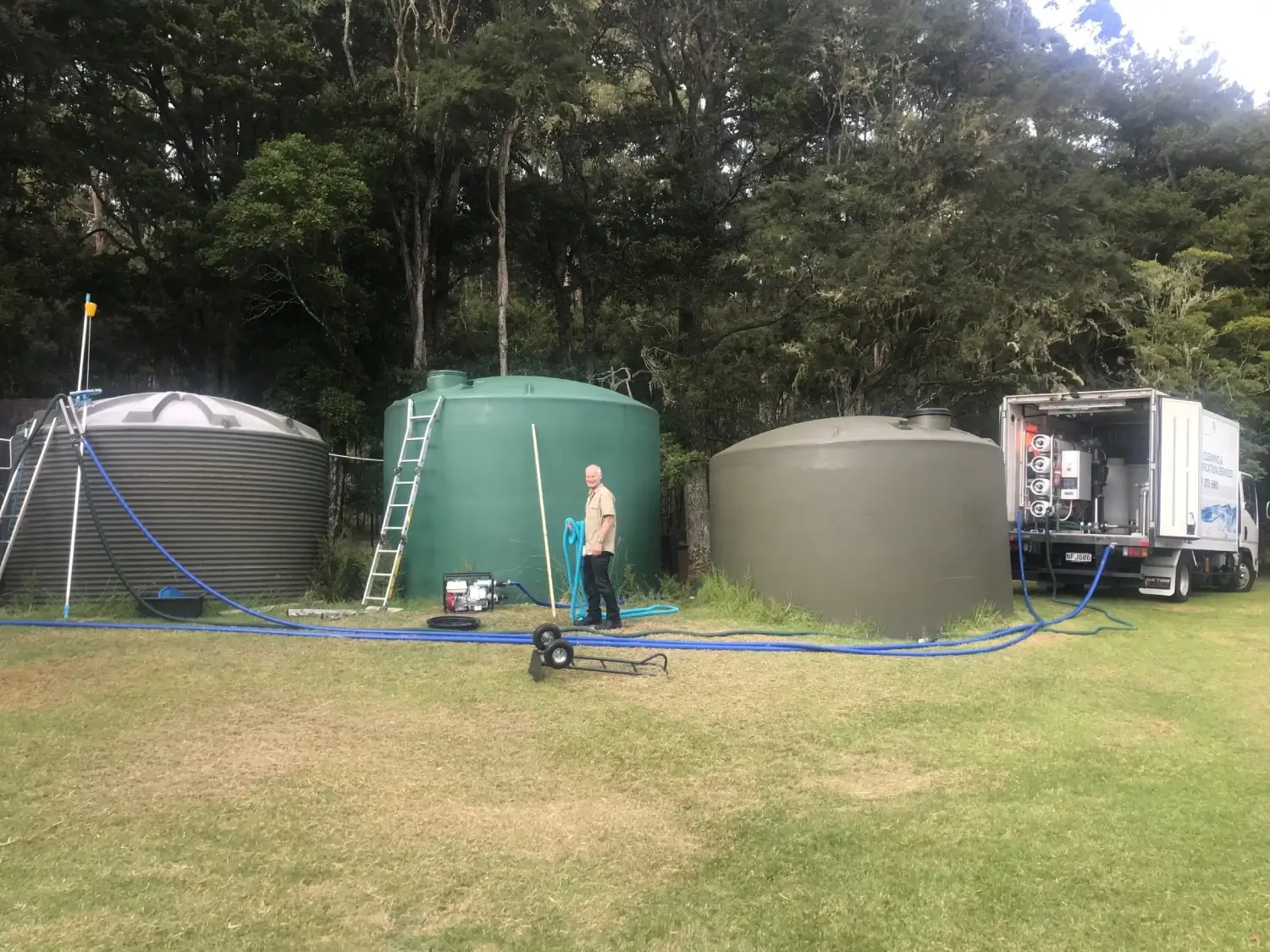What’s in Your Water? Common Contaminants in NZ Drinking Water Tanks
Whether your water comes from rainfall, a bore or a nearby stream, one thing is for certain — your water tank isn’t just filling up with clean water.
It’s also collecting a range of unwanted contaminants that can affect the taste, smell and safety of your supply.
At Safe H2O, we’re committed to helping Kiwis keep their water safe.
So, we’ve put together this guide to help you understand what might be lurking in your water tank — and what you can do about it.
Sediment Build-up
Regardless of your water source, sediment is unavoidable. Rainwater tanks collect dust, dirt and debris from your roof and gutters. Stream or bore-fed systems often draw in fine silt, sand or clay — particularly after heavy rain or land movement.
Why it matters: Over time, sediment settles at the bottom of your tank and builds up. This affects the clarity and taste of your water, can provide ideal conditions for bacterial growth, and can clog pipes, filters and pumps.
Bird & Animal Droppings & Insect Debris
Birds, possums, rodents and insects are common culprits when it comes to tank contamination — especially in rural and coastal areas. Bird droppings on roofs can carry harmful bacteria like E. coli, Campylobacter and Salmonella, which easily wash into your tank during rain.
Why it matters: These bacteria can cause serious illness if ingested and pose a risk to your family’s health.
Tips:
- Trim overhanging branches to remove easy access for animals to the roof
- Fit gutter whiskers in gutters to minimise animals nesting in your roof and the larger debris washing into the tank
- Fit mesh screens to your tank inlets to filter out larger debris
- Inspect your roof and gutters regularly to keep clear and clean.
- Inspect tank and pipe work/fittings for cracks
- Install a UV filtration system to help remove sediment and bacteria before the water enters your home’s plumbing
Tannins
If your water looks yellowish or has a funny taste, plant tannins may be to blame. These naturally occurring compounds come from leaves, bark and plant material that wash into your tank — especially after autumn leaves fall.
In NZ, tannins commonly come from trees like Pohutukawa, Manuka (tea tree), and Totara.
Why it matters: Tannins don’t usually pose health risks, but they do affect taste and can stain bathroom, kitchen fittings, and washing. They can also reduce the effectiveness of UV filtration systems.
Algae, Pollen & Organic Material
Algae thrive in warm, still water — but only when there’s access to sunlight. If any light is able to enter your tank, even through small cracks or an unsecured lid, it can create the perfect environment for algae and other organic growth.
Wind and rain can also carry in pollen, spores, and fine organic matter that settle in the water and contribute to contamination.
Why it matters: Algae not only affect the taste and smell of your water, but certain types, can release harmful toxins that pose health risks to both humans and animals.
Tip: Ensure your tank is well-sealed. Check regularly for cracks or gaps, and always keep the lid tightly secured to block sunlight and airborne contaminants, as well as insects.
Pathogens: Giardia & Cryptosporidium
These microscopic parasites are common in New Zealand’s rivers and streams, particularly where livestock or wildlife are present. They’re generally chlorine-resistant and can survive in untreated water supplies for long periods.
Why it matters: Both can cause gastrointestinal illnesses and are difficult to remove without specialist filtration.
Tip: Get your tank cleaned regularly by the Safe H2O team – we filter your water to remove these pathogens. Along with regular cleaning, having a UV filtration system installed will ensure the water is safe year-round, by neutralising Giardia and Cryptosporidium before the water reaches your taps.
Nitrates, Arsenic & Heavy Metals in Bore Water
Some regions in New Zealand — particularly Canterbury, Hawke’s Bay and Waikato — are known to have naturally occurring minerals or agricultural runoff affecting bore water.
- Nitrates from fertilisers and animal waste are a growing concern in farming regions.
- Iron & manganese: Cause staining and a metallic taste; often found in deeper groundwater sources and can impact UV filtration effectiveness.
- Arsenic is found naturally in groundwater in some parts of the country e.g. geothermal areas.
- Lead, zinc or copper can leach into water from old pipes, roofing or fittings.
Why it matters: These contaminants may not change the smell or taste of your water — but long-term exposure can affect your health and/or can stop your UV filtration from working effectively.
Roof Cleaning Chemicals: An Unexpected Culprit
Many homeowners use chemical roof treatments or moss killers themselves or engage a company to do this, without realising the impact on their water quality.
Even after rinsing and/or leaving the water supply disconnected until rain has washed the roof, residue can remain on the roof and make its way into your tank during the next rainfall.
Why it matters: Chemical contamination can make your water unsafe to drink and may mean your entire tank needs to be drained – losing your precious water supply.
Tip: If cleaning your roof, choose gentle, eco-friendly options such as baking soda or vinegar. Avoid harsh cleaners and always disconnect your downpipes during the process.
The Good News? Safe H2O Can Help
At Safe H2O, we understand the unique challenges of maintaining clean tank water in New Zealand. That’s why we use a smarter, safer method that:
- Removes sediment and organic matter without draining the tank
- Filters water to remove microscopic contaminants that are bad for you
- Treats water with food-grade hydrogen peroxide to ensure the water is safe
- Preserves up to 90% of your existing water — saving you money and water
Summing Up: What’s Really in Your Tank?
Contaminants in drinking water tanks are more common than many people realise. From animal droppings to nitrates, maintaining water quality takes more than just topping up your tank — it requires regular cleaning, filtration and attention to what’s getting in from your roof or water source.
If you’re not sure what’s in your tank, you haven’t cleaned your tanks for some time or your water’s looking a bit off, we’re here to help.
Our advanced cleaning and filtration technology keeps your tank intact and your water safe — all without wasting the precious supply you’ve collected.
Get in touch with Safe H2O today to book your next water tank clean — and enjoy the peace of mind of contaminant free water!
If your household water supply comes from a bore, spring, or stream, it’s essential to understand your water chemistry.
If your household water supply comes from a bore, spring, or stream, it’s essential to understand your water chemistry.
Concerned about nitrates in your water, and want to know how to get rid of them?
In this blog, we'll explore these frequent water tank problems and provide practical solutions to address them effectively
Smoke and soot can contaminate NZ water tanks. Learn how it happens, the health risks, and Safe H2O’s expert tips for cleaning and prevention.
This comprehensive guide examines the benefits and drawbacks of DIY and professional water tank cleaning, enabling you to make the best choice for your home.
Winter’s cooler weather might not have you thinking about your water tank - but it should.
Whether you’re collecting rainwater, drawing from a bore, or tapping into a stream, your water tank is the heart of your...
Whether you’re collecting rainwater, drawing from a bore, or tapping into a stream, your water tank is the heart of your...
How Possums, Rodents, and Birds Get into Your Water Tank – and How to Keep Them Out When thinking about water quality, …
What’s in Your Water? Common Contaminants in NZ Drinking Water Tanks Whether your water comes from rainfall, a bore or a nearby …
Water Tank Cleaning Myths Debunked When it comes to maintaining clean and safe water in your tank, there can be a bit …
Autumn Water Tank Care Tips: Preparing for the Seasonal Change As the crisp air of autumn rolls in, it’s time to think …
Water Tank Cleaning: A Comparison of Traditional vs. Our Innovative Method When it comes to cleaning your water tank, Safe H2O cleans …
UNDERSTANDING FILTRATION SYSTEMS: WHAT IS SEDIMENT AND UV WATER FILTRATION? Your water source likely contains a myriad of sediments and particles, ranging …
Water Tanks 101: A Beginner’s Guide to Clean, Safe Water for Your Property Water tanks are an essential resource for those on …
What can I do before water enters my tank to help minimise my risks? Spring or surface water (streams) will usually be …
When it comes to maintaining a healthy rainwater fed tank, one of the most overlooked aspects is the cleanliness of your roof and gutters.
Flush Caps, Leaf Diverters, and More: Methods to Help Protect Your Water Supply When it comes to maintaining a clean and safe …
In the realm of curious misconceptions, one fascinating myth suggests that eels clean water tanks. While this idea captures the...
Why having ‘Immunity’ to Bad Tank Water is a Bad Thing When it comes to maintaining a healthy home, clean water is …
Safe H2O Collaborates with Isaac’s Plumbing, Pumping and Electrical Here at Safe H2O, we aim to provide exceptional advice, service, and support …
How Often Do New Zealand Schools Need to Clean Their Water Tanks? Here in NZ, managing water supplies, including water tank maintenance …
What is Cryptosporidium and How to Keep Your Water Safe What is Cryptosporidium? In simple terms, Cryptosporidium is a tiny parasite that …
Why you should use a Water Tank Cleaning Specialist Well maintained water tanks are the backbone of clean water storage and supply …
Guarding Against E. coli: Essential Strategies for Ensuring Safe Water Tank Systems Water tanks are an essential source of clean drinking water …
5 Top Reasons to Keep Your Water Tank Clean in New Zealand Cleaning your water tanks is something that’s probably not always …
Autumn Alert: Why Now is the Perfect Time to Clean Your Water Tank As the autumn leaves are about to fall and …
What are my Legal Obligations for water tank cleaning in New Zealand? Taumata Arowai is the new Water Services Regulator for Aotearoa …
Top signs your water tank needs cleaning – Don’t ignore these red flags Your water tank is a vital component of your …
How Often Should I Clean My Water Tank in New Zealand? If you are one of the thousands of New Zealanders with …
The Risks of Cleaning Your Water Tank with Janola or Household Bleach Should you use Janola to clean your water tank? Here …
12 Ways to Save Your Tank Water Worried about your water tanks running empty? Rainfed tank water is a limited supply and …
How much does it cost to clean my water tank? The cost of cleaning a typical New Zealand water tank depends on …



